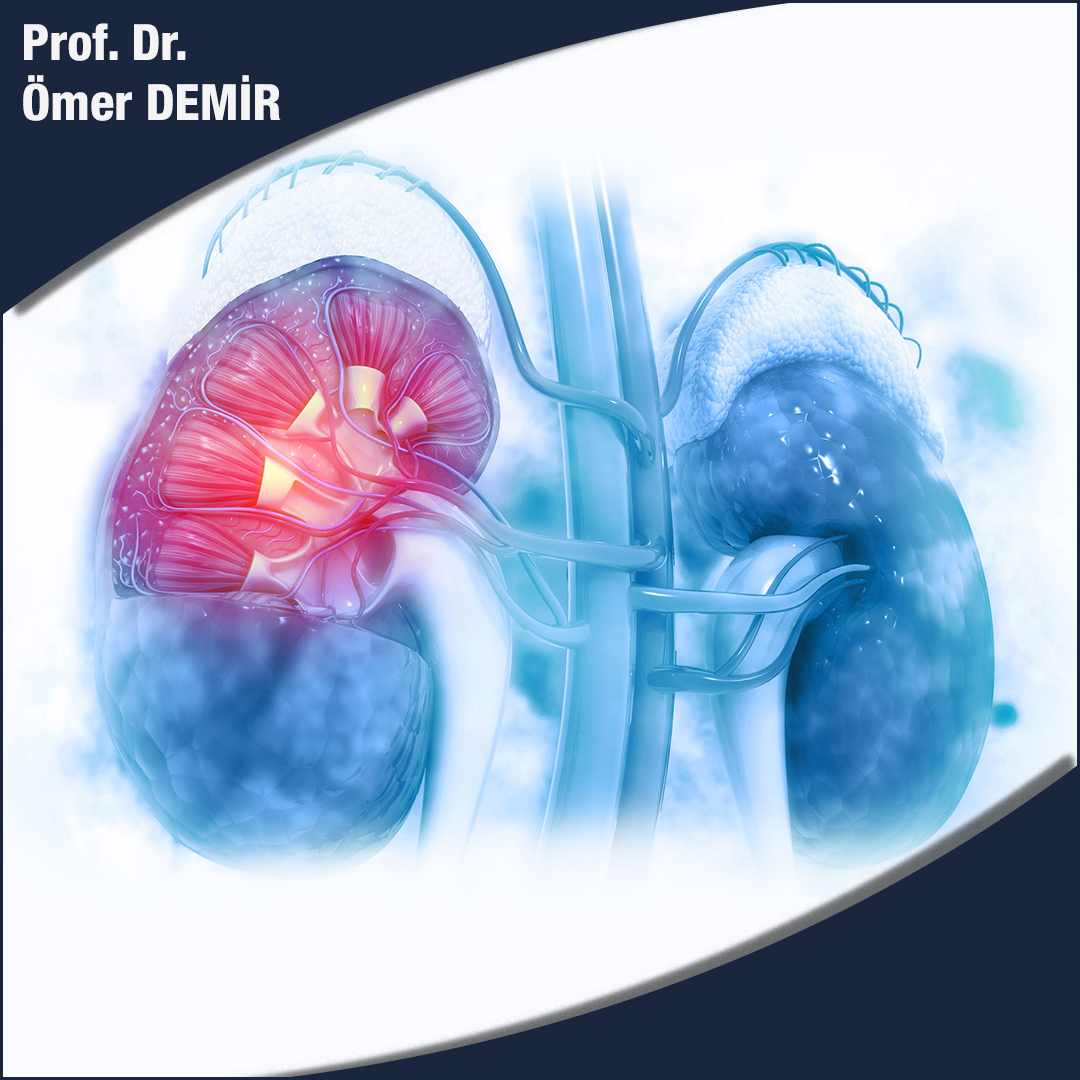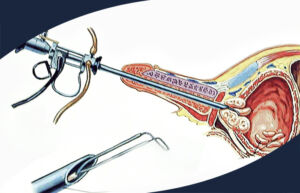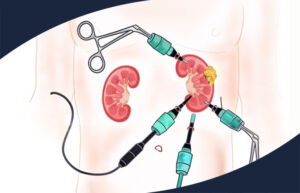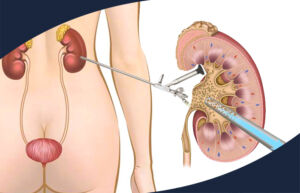KIDNEY INFECTION
WHAT IS KIDNEY INFECTION (PYELONEPHRITIS)?
Pyelonephritis (kidney infection) is usually an infection of kidney tissue and kidney urinary tract. The source of the infection is usually the infection from the bladder, but can also spread through the blood. Possible bacteria (Escherichia coli, Klebsiella, Proteus, Enterococcus) are the same as for lower urinary tract infection. Recurrence of acute pyelonephritis can lead to chronic pyelonephritis involving destruction of kidney tissue due to recurrent inflammation.
Frequency
Acute pyelonephritis can occur at any age. It is more common in women than in men and is highest in women aged 15-29.
Risk factors for developing pyelonephritis:
Urinary leakage from the bladder to the kidneys and structural kidney abnormalities
Urinary system stone disease and catheter insertion in the urinary tract
Stents inserted into the urinary tract
Pregnancy
Diabetes
An enlarged prostate

Symptoms
The onset is usually rapid with symptoms appearing within a day or two. There is unilateral or bilateral lower back pain, pain in the lower belly or back pain. Fever is variable but can be quite high sometimes. Weakness, nausea, vomiting, loss of appetite may be seen. In some patients, lower urinary tract symptoms such as burning in urine, frequent urination and blood in the urine may accompany. Severe pain is often seen in the examination of the kidneys.
How Is It Diagnosed?
After the patient’s complaints are learned, the patients suspected of acute pyelonephritis are tested for blood and urine tests and urine culture tests. In the presence of risk factors that may cause pyelonephritis and if necessary, imaging tests can be performed. Ultrasonography is usually the first step examination. In cases where ultrasonography is not sufficient, imaging can be performed with medicated (with or without medication) computed tomography.
Treatment
Acute pyelonephritis is an extremely important infection and should be treated under the supervision of a doctor. In most of the patients, resting, drinking plenty of water and oral antibiotics and antipyretic drugs are sufficient for treatment. However, in cases where fever persists despite oral treatment and severe nausea and vomiting, the patient is treated by hospitalisation. In addition, the patient may require surgical intervention in cases of urinary tract obstruction due to stones or any other reason in the urinary tract.




